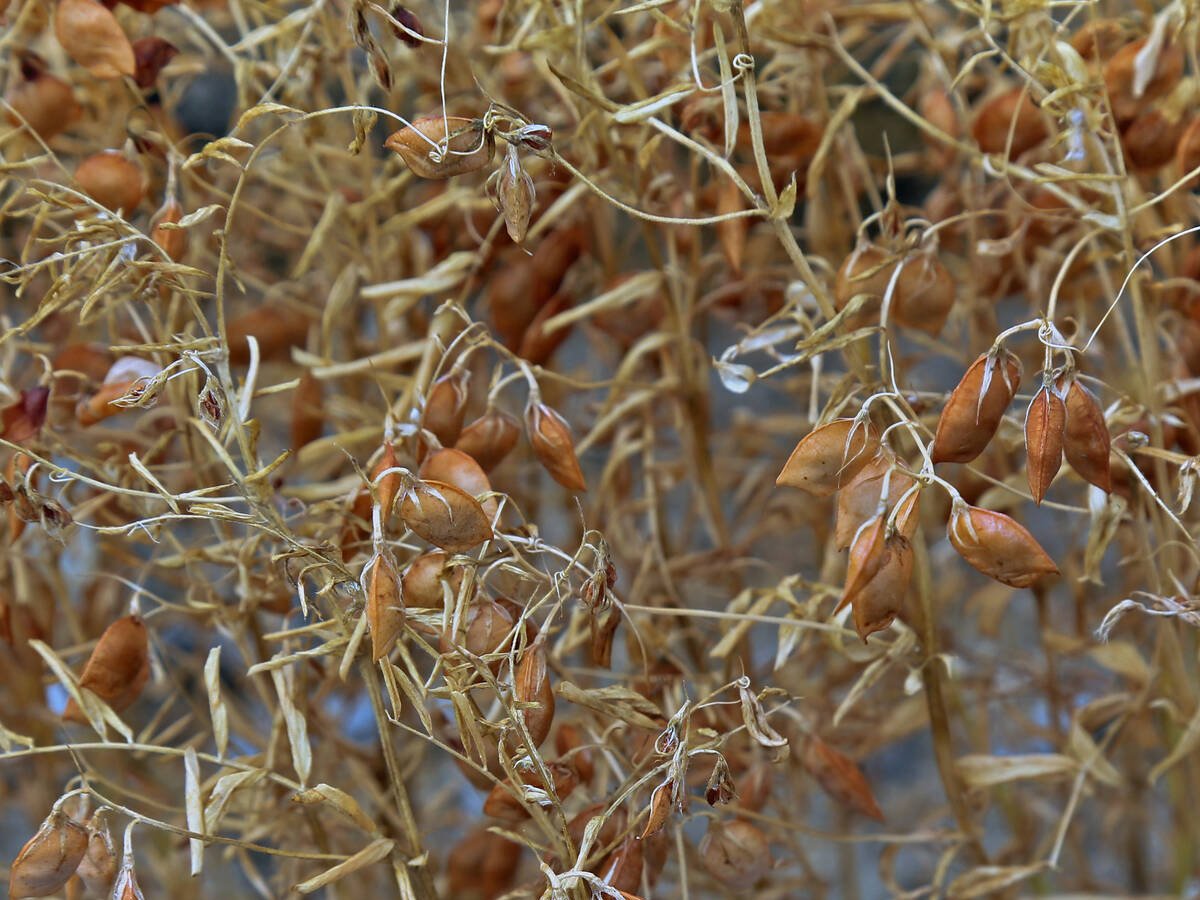Egypt, the leading or second largest buyer of wheat in the world in each of the last five years, has proposed the formation of a wheat buyers club.
At the International Grains Council conference in mid-June, Egyptian minister of supply and internal trade Hassan Khedr said he believes importers often paid more than would be expected in a fully competitive market, although Canadian farmers would find that hard to believe.
Khedr said buyers should get together to strengthen their bargaining position.
Egypt is able to domestically produce only 45 percent of the wheat needs of its growing population. It buys six million to 7.3 million tonnes of wheat annually, with most coming from the United States, Australia and France.
Read Also

Traders forecast record lentil yields for Canada
lentil yields could be phenomenal and that is dragging down prices for both reds and greens.
Khedr proposed a buyers club that would meet regularly to exchange views and co-ordinate policies.
“The objective of this forum is to pool our efforts together and to enhance the competitiveness of the international wheat trade,” Khedr said.
Unfortunately news reports from the meeting did not say how Khedr’s views were greeted.
But if the proposal gains support from other major wheat buyers, it would indicate that buyers are smarter than sellers.
Since the International Wheat Agreement floundered in the 1960s, there hasn’t been much official interest in trying to manage supply and demand.
Occasionally Canadian farmers have tried to generate interest in a movement to limit production to buoy prices, but they haven’t captured wide interest.
Official attention is instead focused on eliminating subsidies through negotiations at the World Trade Organization. While getting rid of trade-distorting subsidies is a valid goal, there is no proof that it will increase Canadian farm incomes.
However, every time we fill our gas tanks we are reminded that there is a proven method to deliver strong prices to producers of a commodity.
The Organization of Petroleum Exporting Countries has shown its power to manipulate oil prices higher by organizing suppliers.
Now, a key grain importer is talking about manipulating wheat prices lower by organizing buyers.
This is a strong incentive for wheat exporters to set aside their differences and examine how they might co-operate to their mutual advantage.














